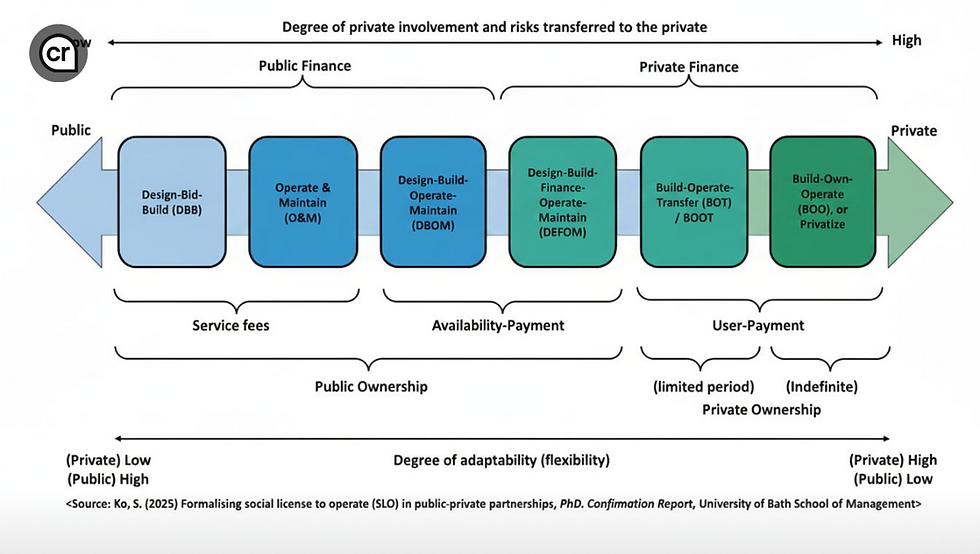Unlocking Investment in Water and Sanitation: The Role of Loan Guarantees
- bluechain

- Mar 14, 2024
- 2 min read
Water and sanitation are fundamental human rights, yet millions of people around the world lack access to clean water and proper sanitation facilities. The need for investment in this sector is undeniable, as it directly impacts public health, economic productivity, and overall quality of life. However, attracting private financing for water and sanitation projects in developing countries has been a challenge, primarily due to perceived risks and uncertainties associated with such investments.
Challenges in Water and Sanitation Investments
Investors often shy away from water and sanitation projects in developing countries due to various risks, including political instability, inadequate regulatory frameworks, and uncertainties in contractual obligations. These challenges are further compounded by the decentralization of service oversight to local authorities, who may lack experience in dealing with private sector entities and understanding investor needs. As a result, private financing in this sector lags behind other infrastructure sectors, limiting progress in improving access to clean water and sanitation services.
The Role of Loan Guarantees
One effective way to mitigate the risks associated with investing in water and sanitation projects is through the use of loan guarantees. Loan guarantees provide a level of assurance to investors by covering potential losses arising from factors such as tariff adjustments, protests, exchange rate fluctuations, and contractual breaches. By enhancing the risk/return profile of projects and reducing the cost of capital, loan guarantees make these investments more attractive to private investors.
Types of Loan Guarantees
There are different types of loan guarantees that can be utilized to support water and sanitation projects:
Portfolio Guarantee: This type of guarantee covers multiple loans within a portfolio of investments, providing a broad level of risk protection.
Loan Guarantee: A guarantee of a single loan between a specific lender and borrower, offering targeted risk coverage for individual projects.
Portable Guarantee: A letter of commitment that allows borrowers to seek financing from multiple sources, subject to predefined conditions, fostering competition and flexibility in funding.
Volume Guarantee: This guarantee addresses market risks faced by companies, linking it to factors such as price or volume to incentivize investments or financing.
Benefits and Considerations
Loan guarantees not only attract private investment but also promote stable regulatory environments and positive relationships with local governments. However, it is crucial to ensure transparency among stakeholders and avoid market distortions or unfair competition. Fees associated with guarantees should reflect risk levels but can be subsidized under certain circumstances to make projects financially viable.
Conclusions
In conclusion, investment in water and sanitation infrastructure is essential for sustainable development and improving quality of life globally. Loan guarantees play a vital role in bridging financing gaps, reducing risks, and attracting private capital to critical projects. By implementing transparent and appropriate guarantee structures, we can accelerate progress towards achieving universal access to clean water and sanitation, ultimately benefiting communities and economies worldwide.





Comments